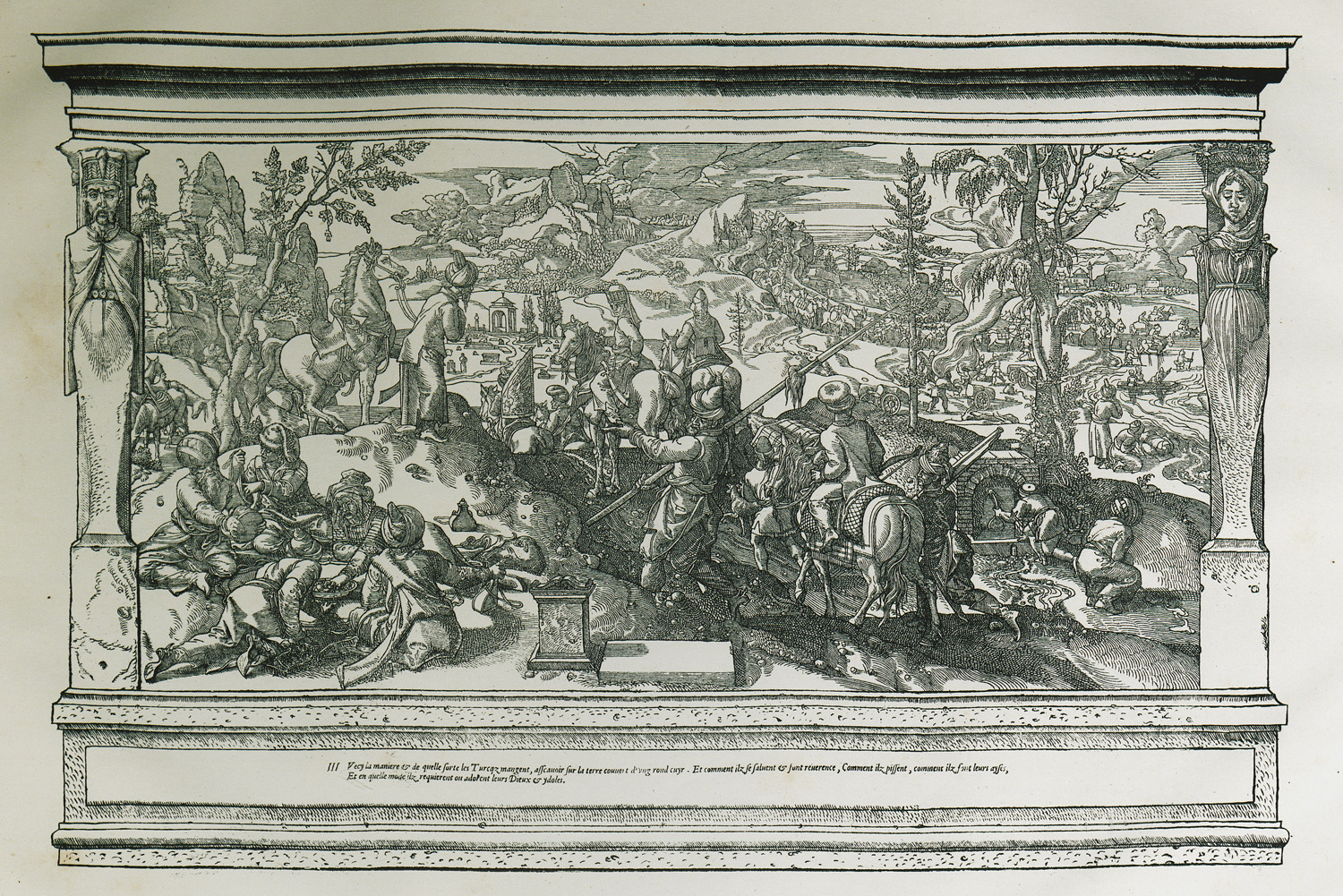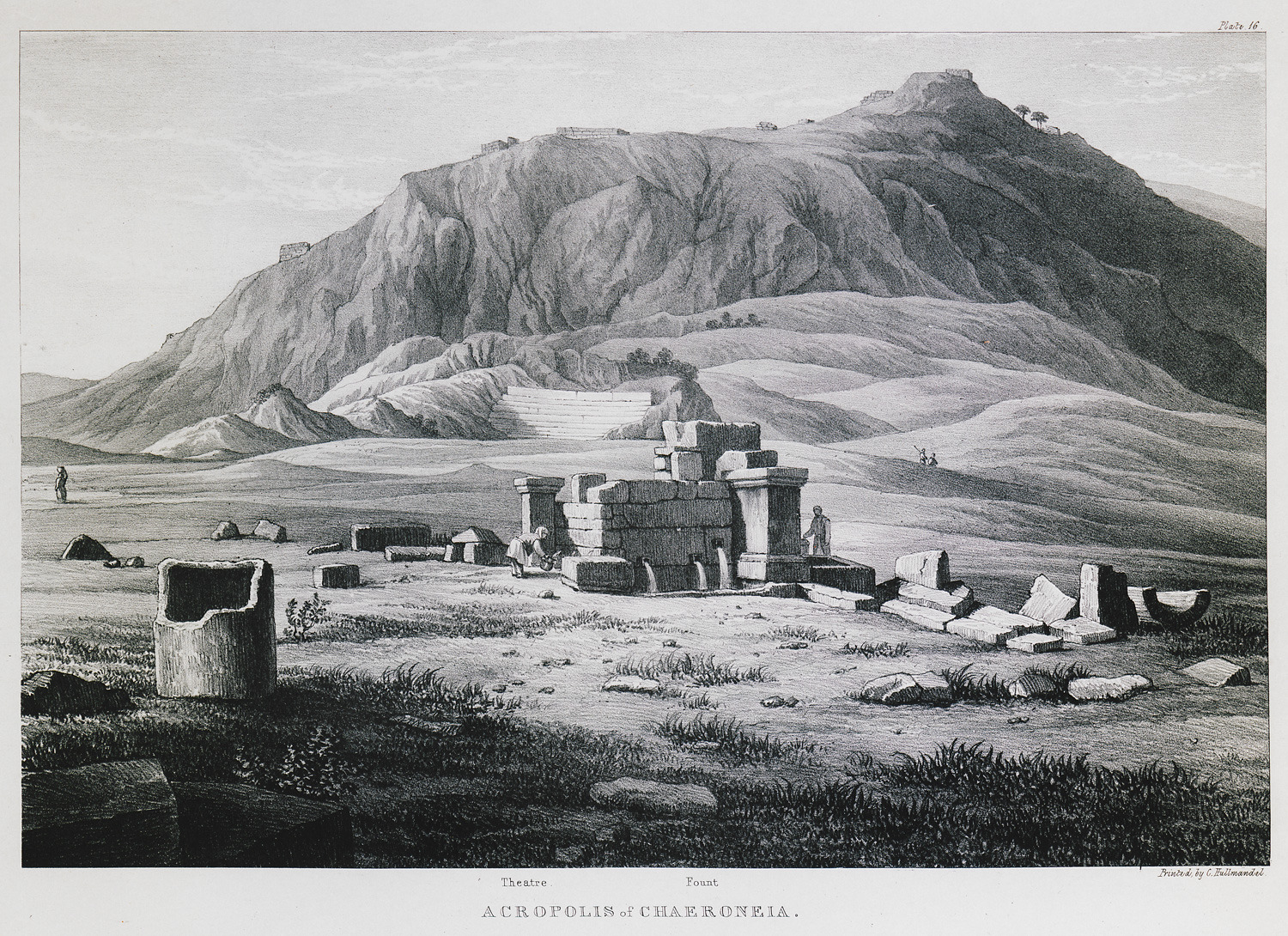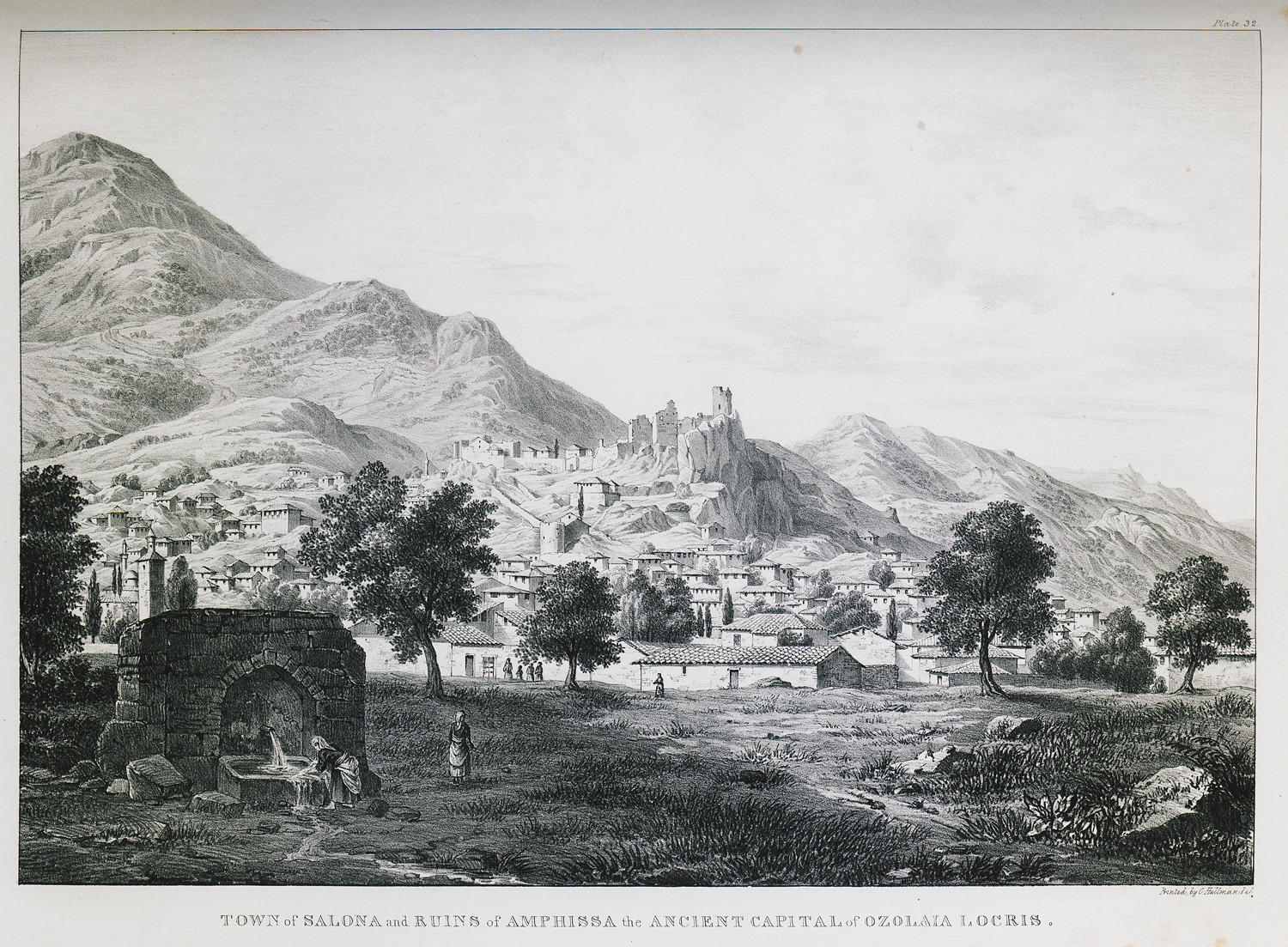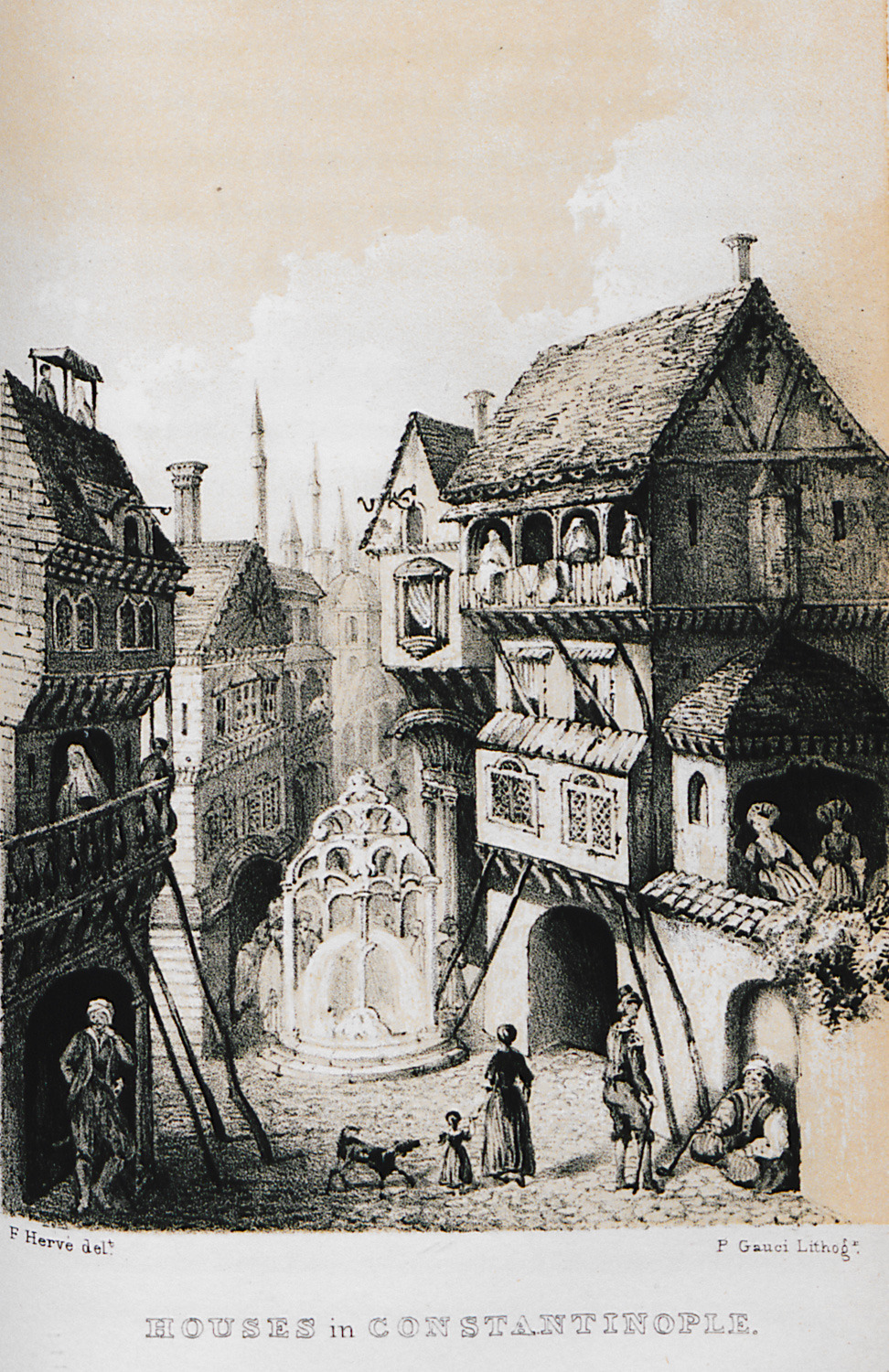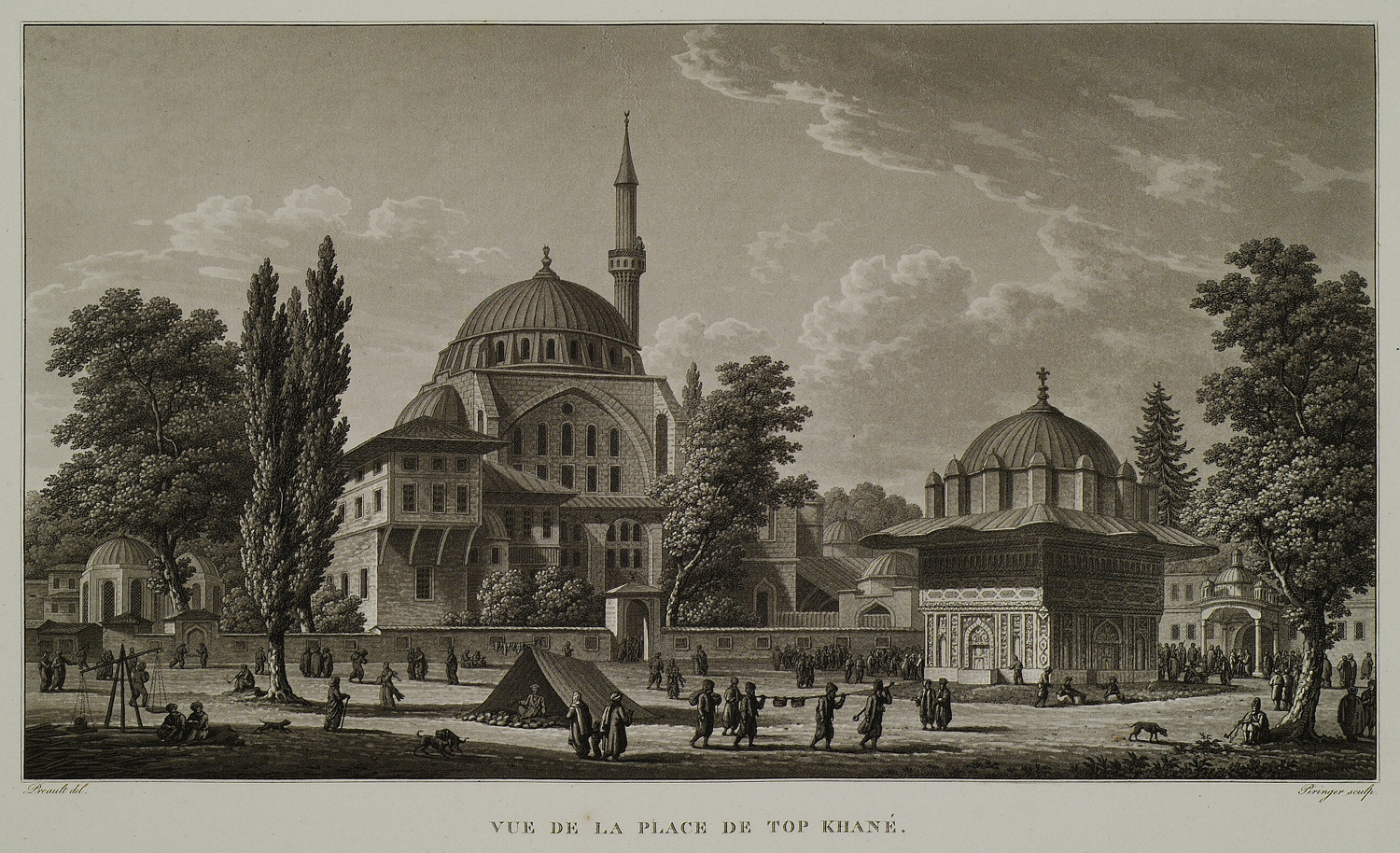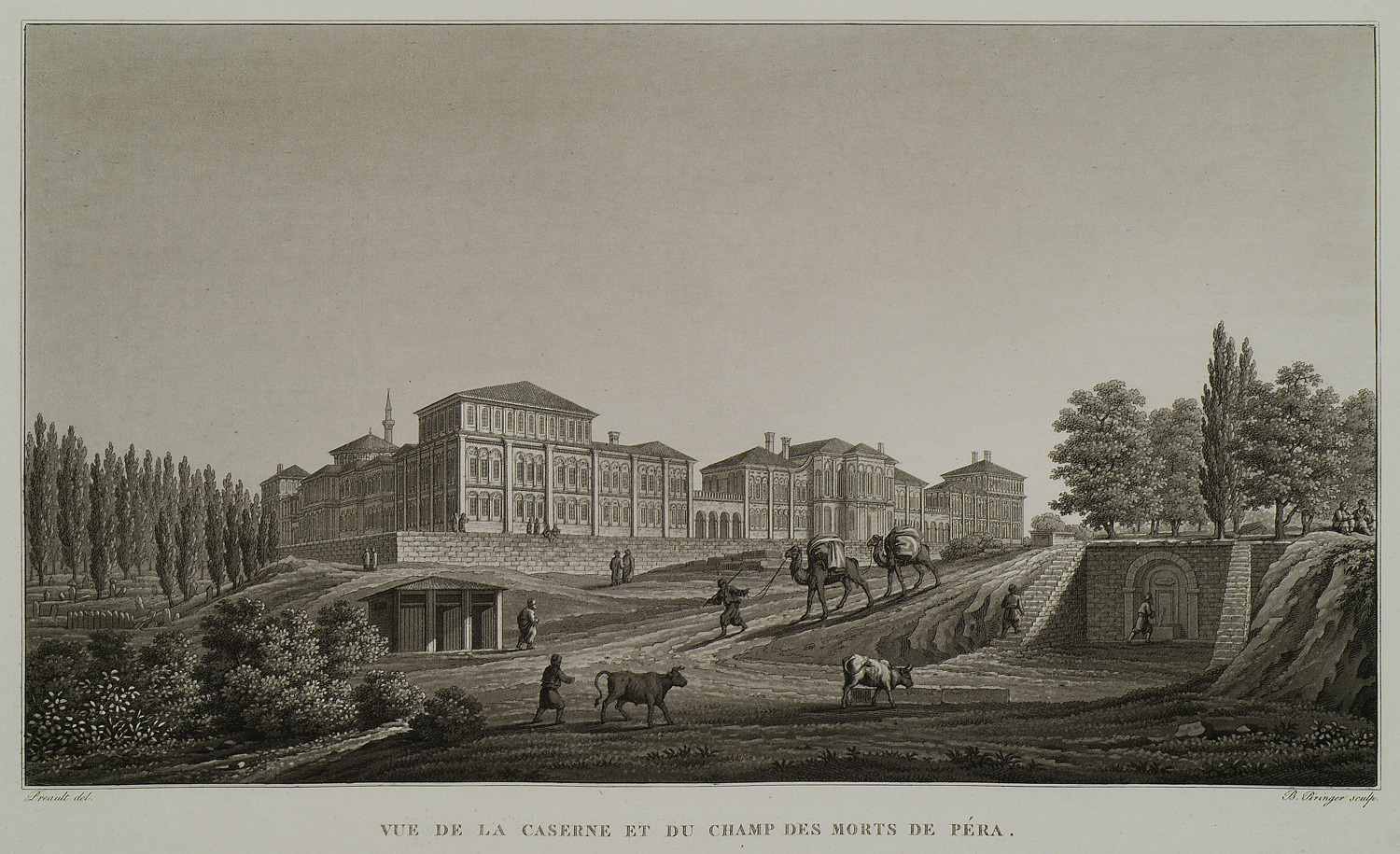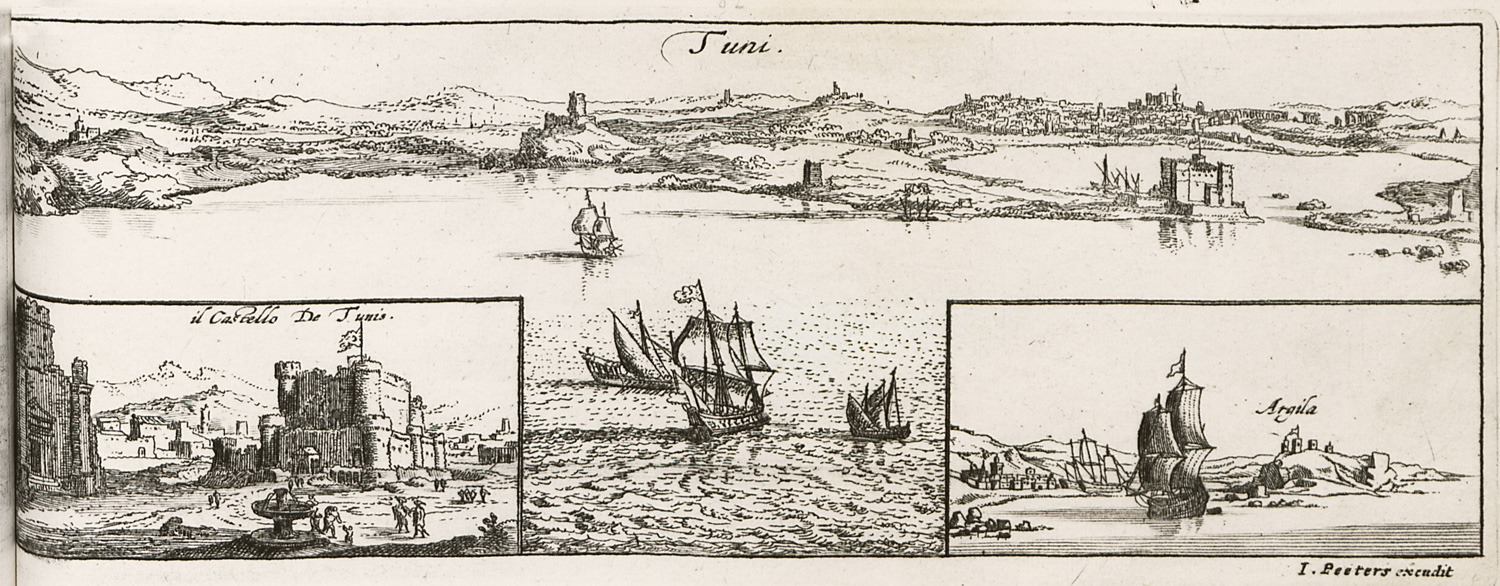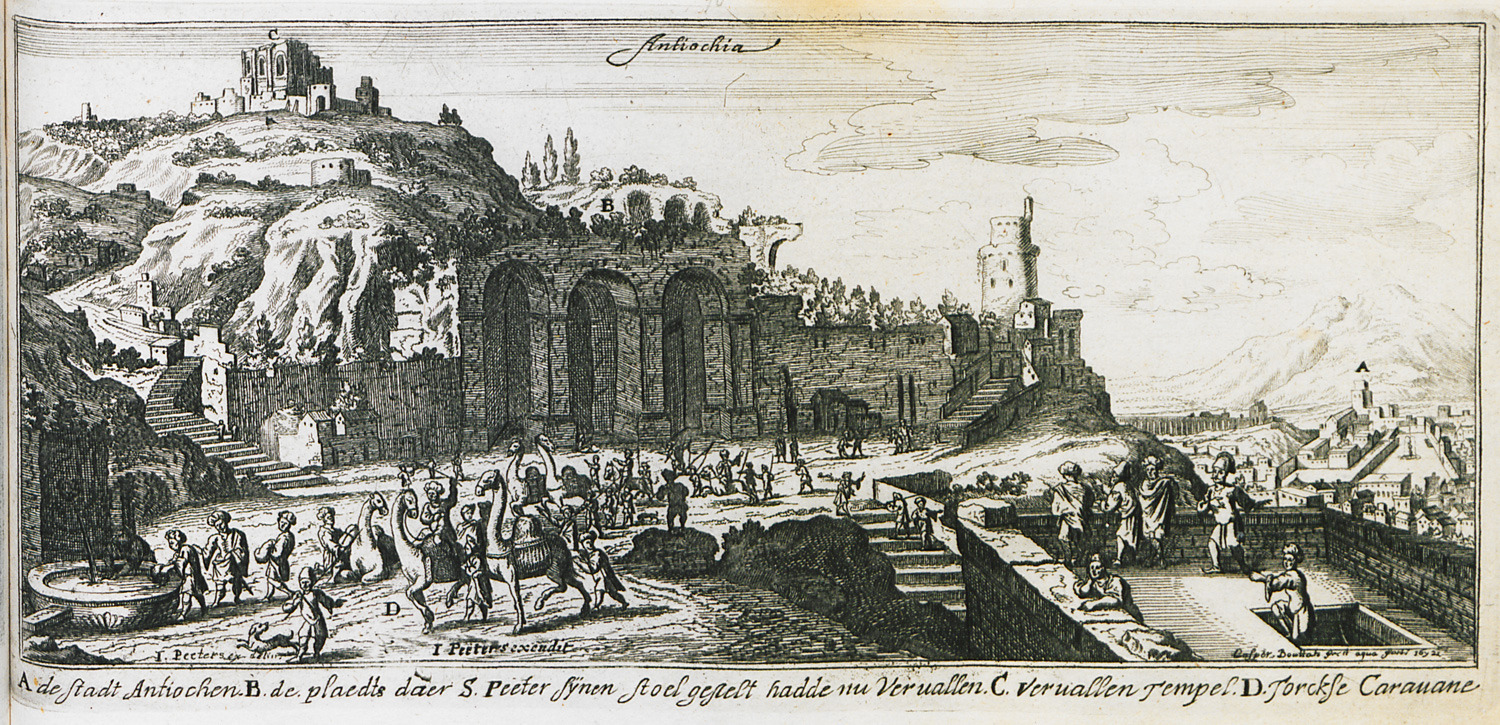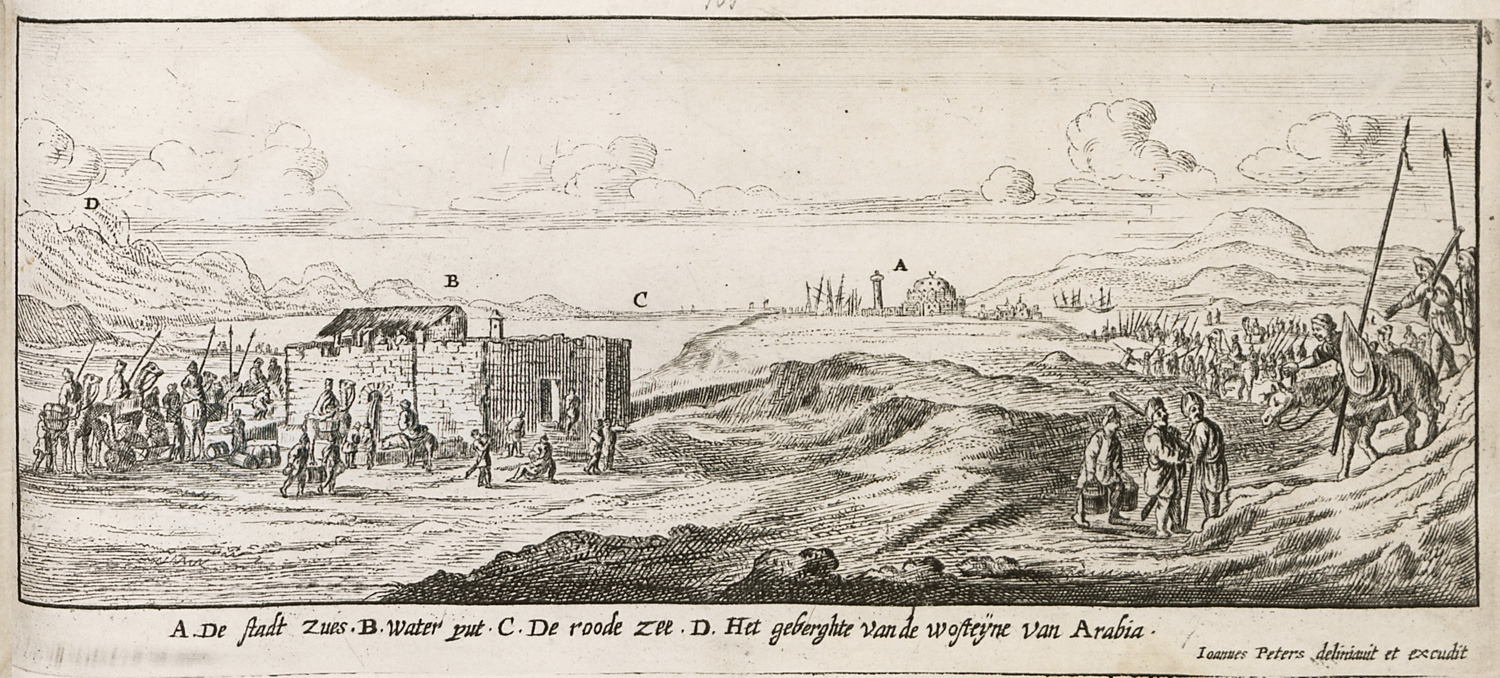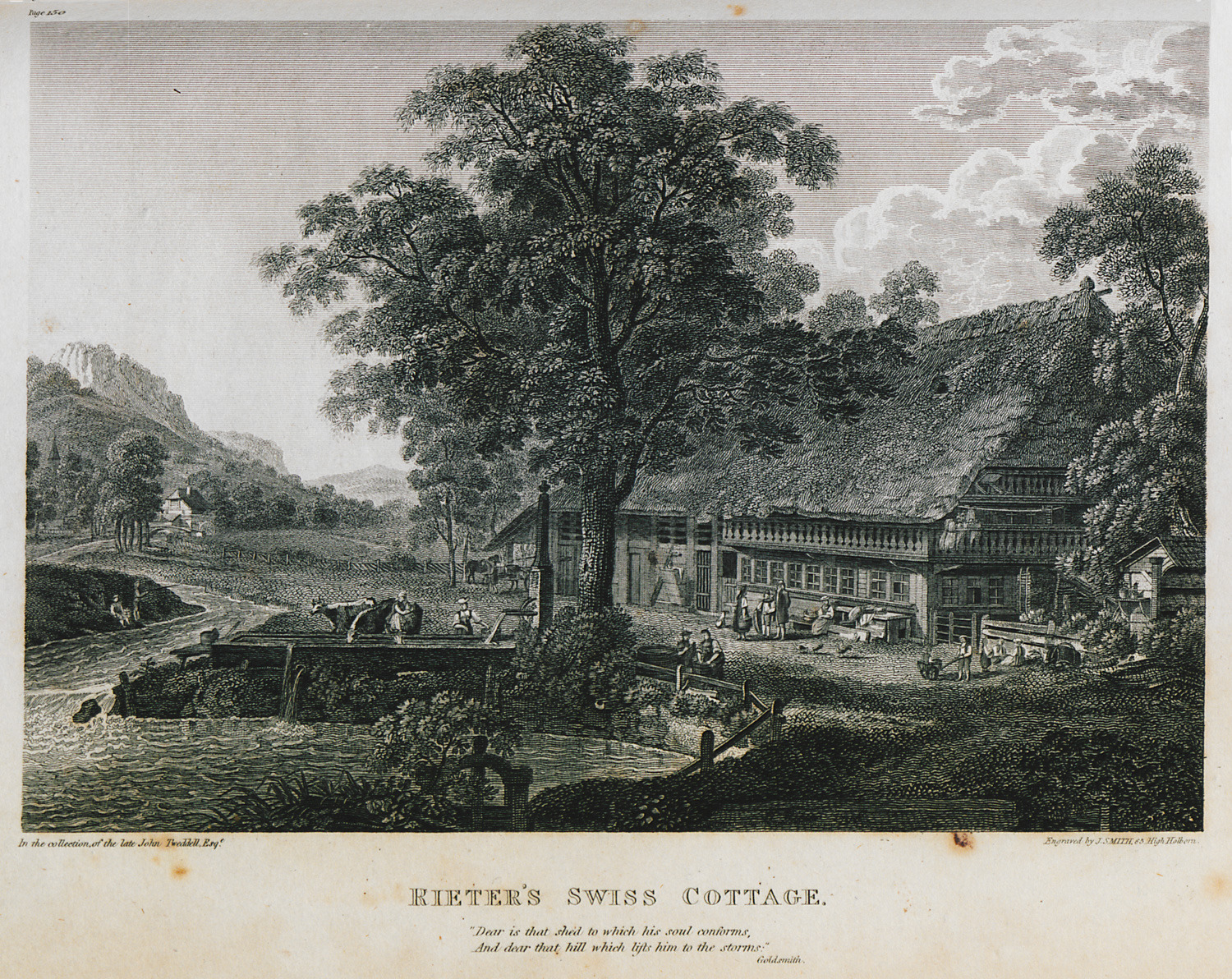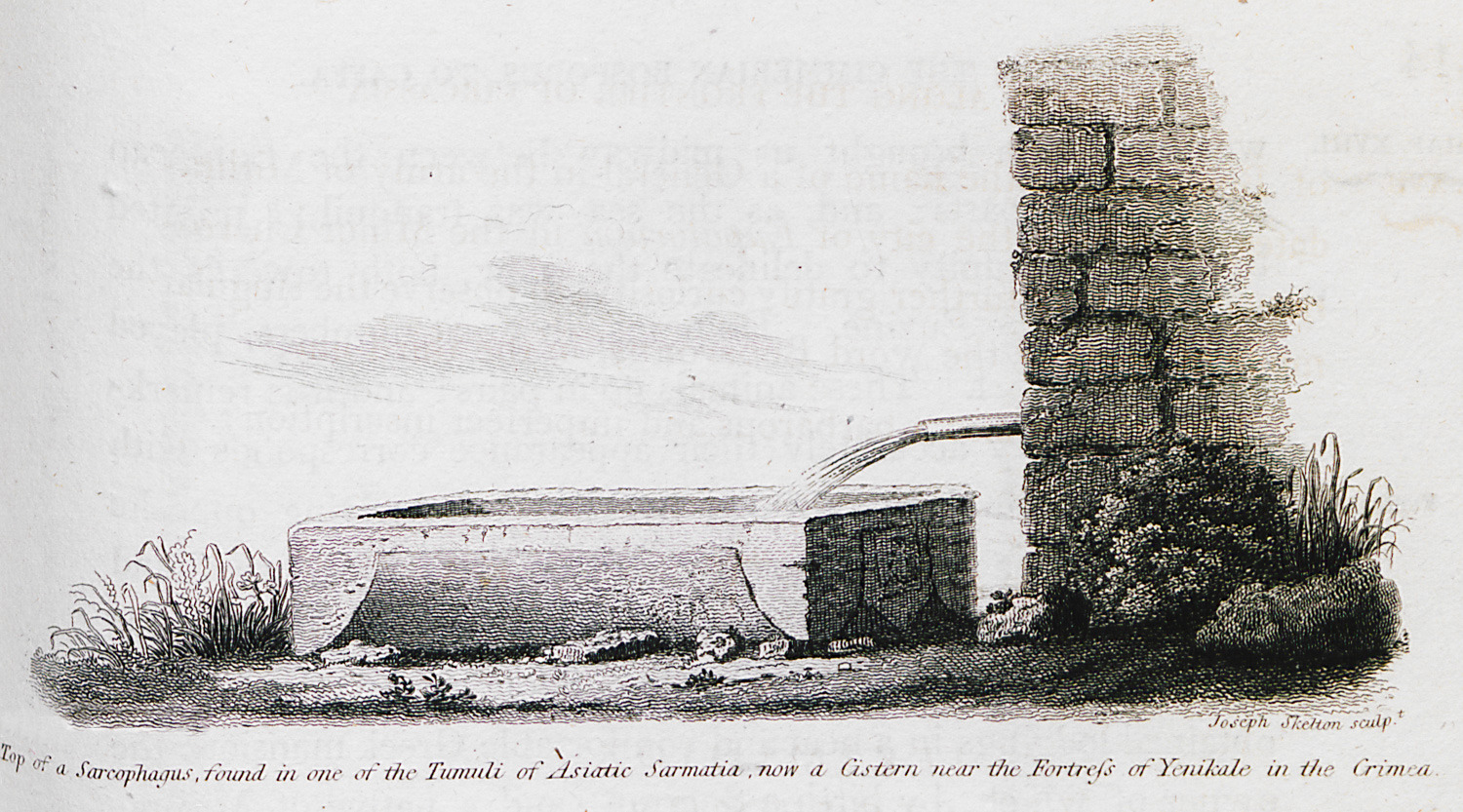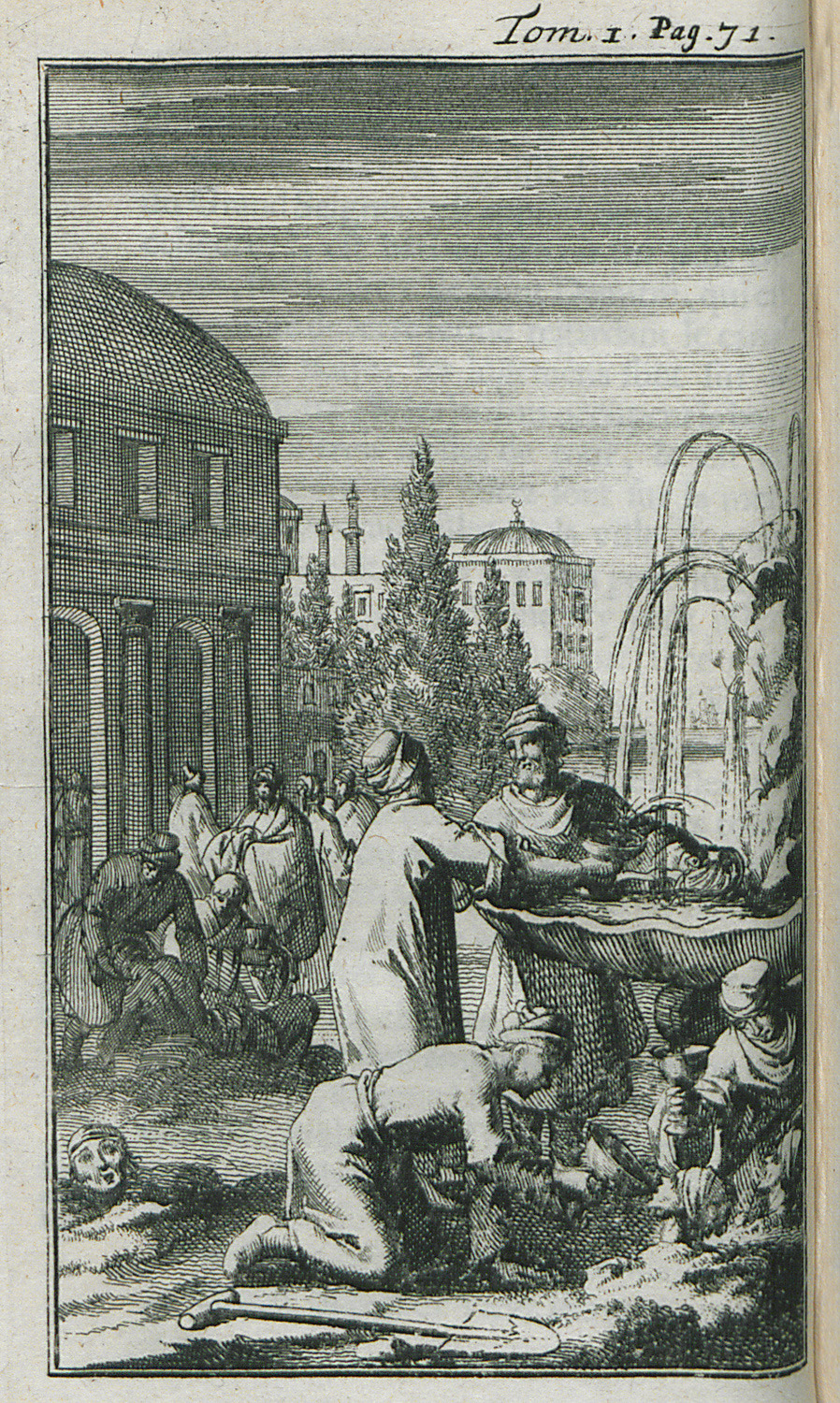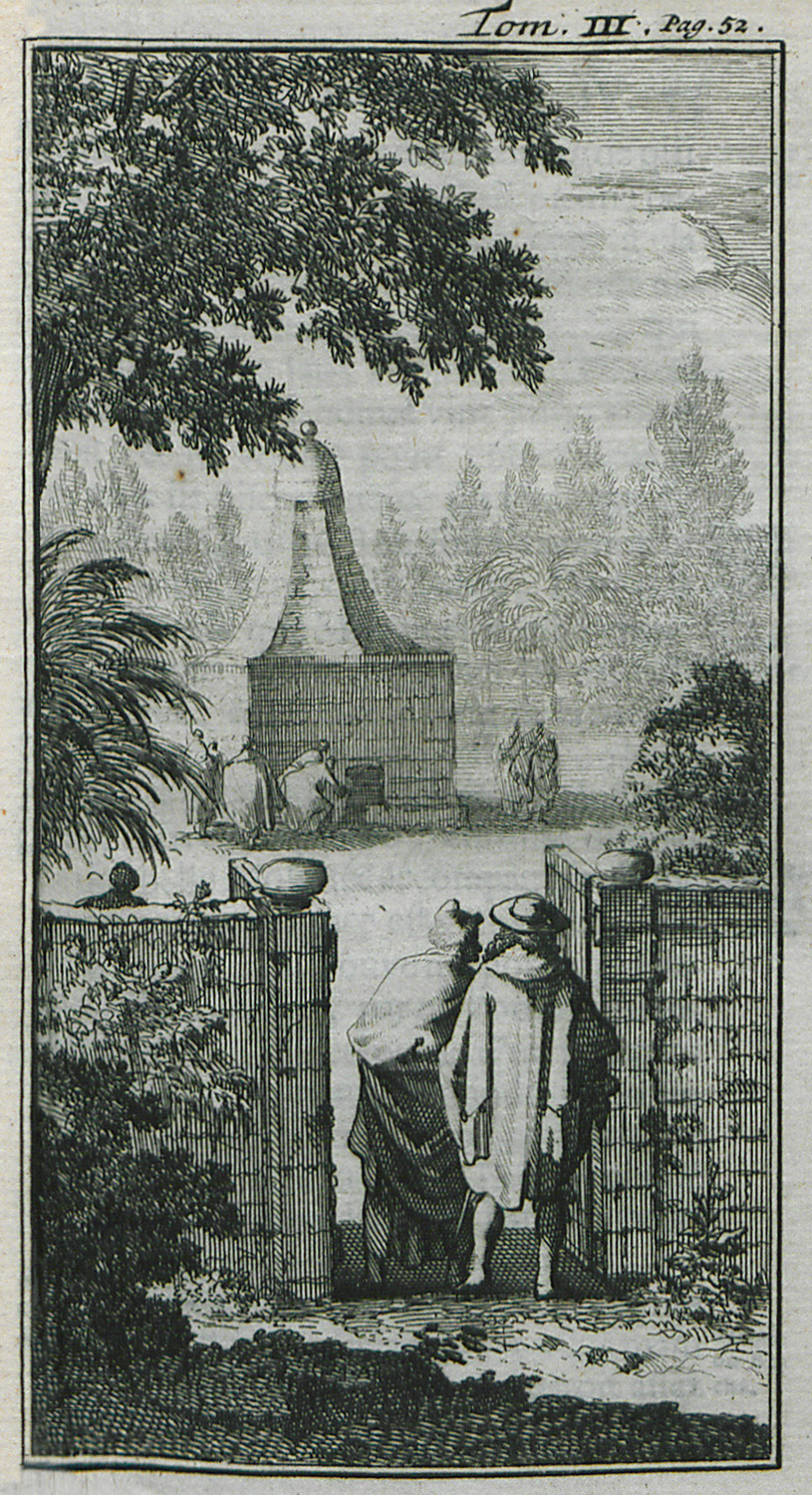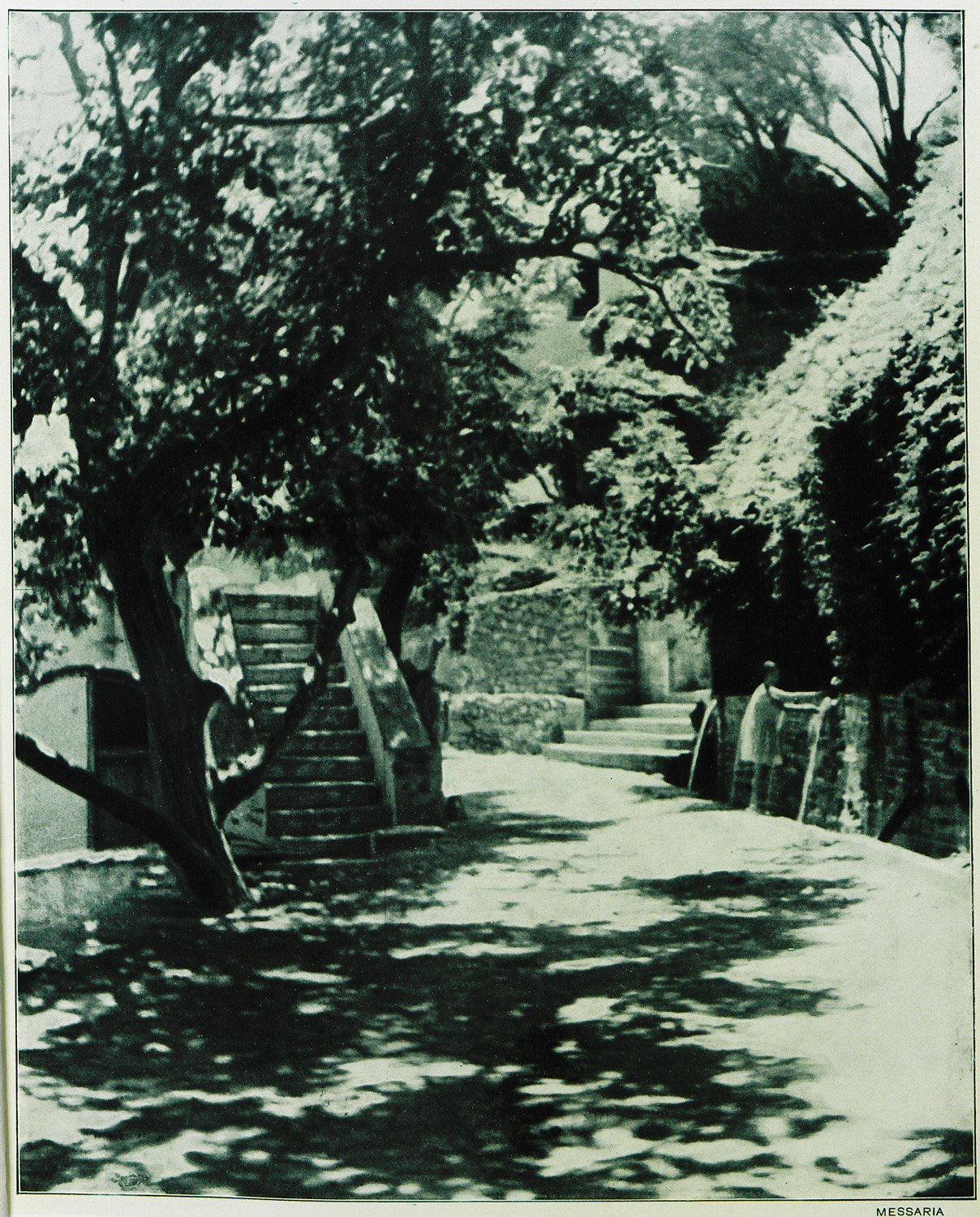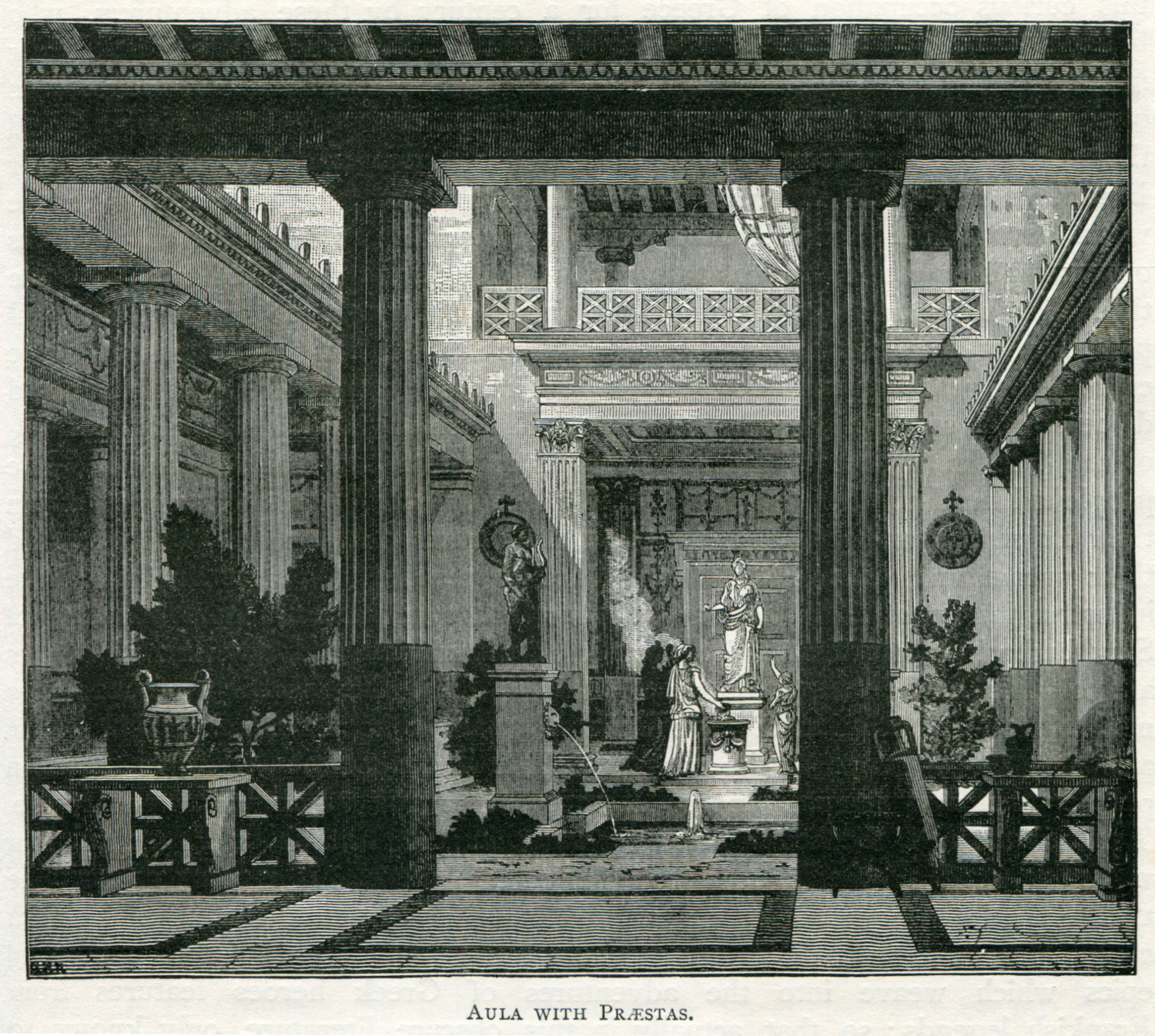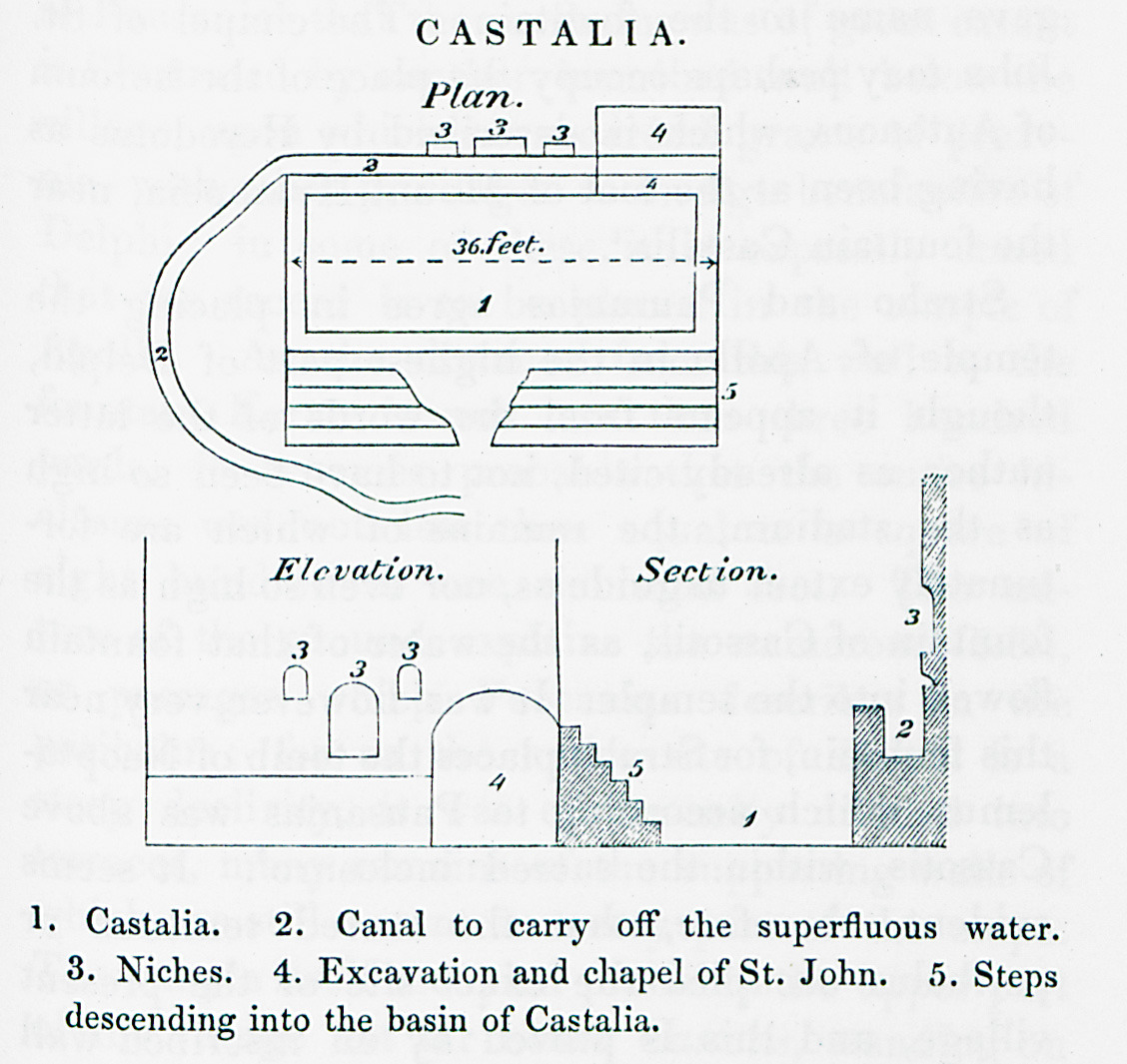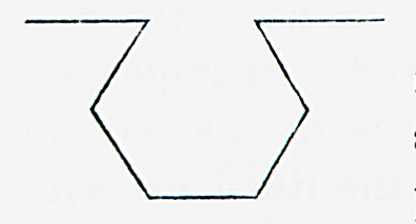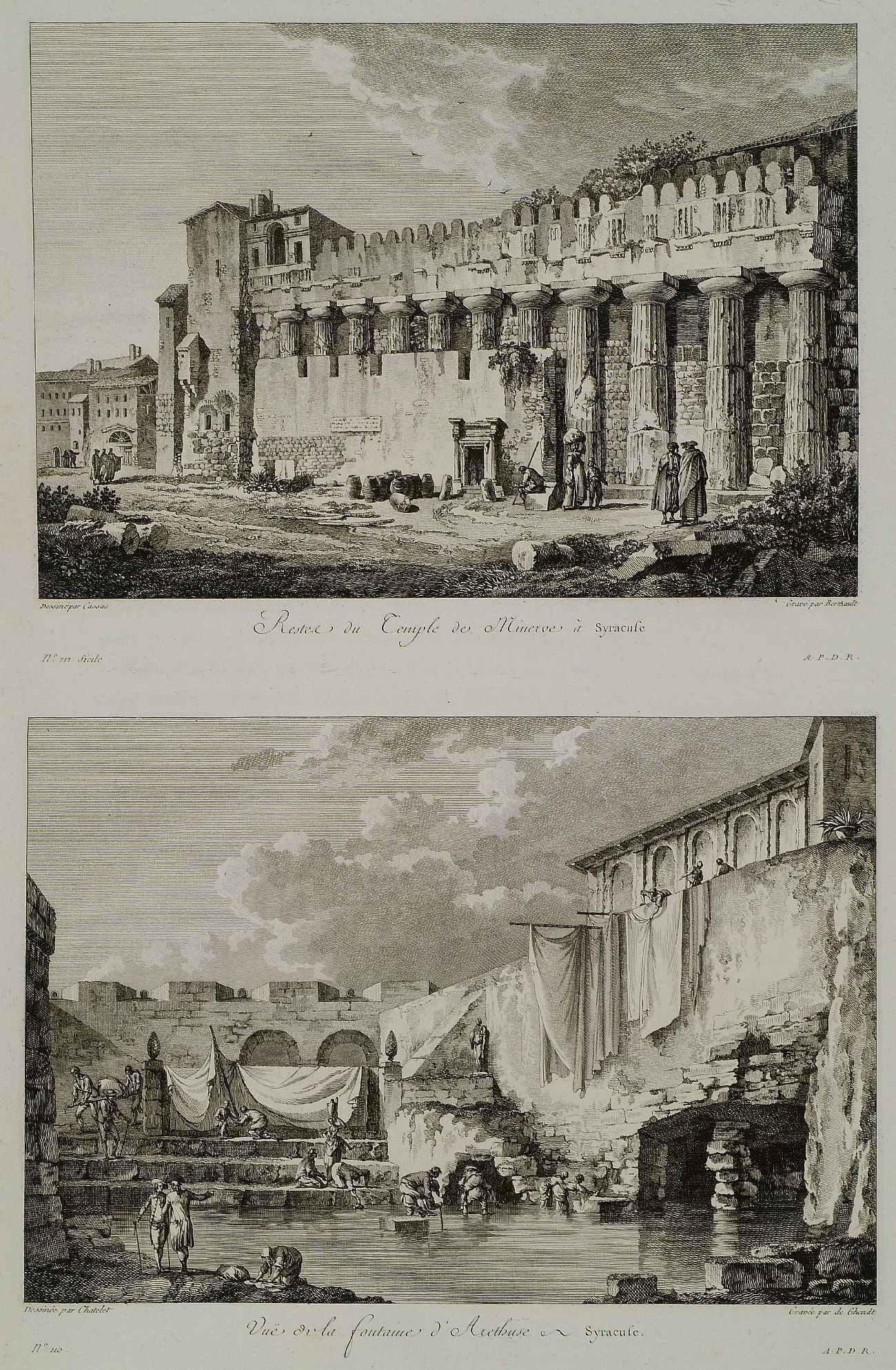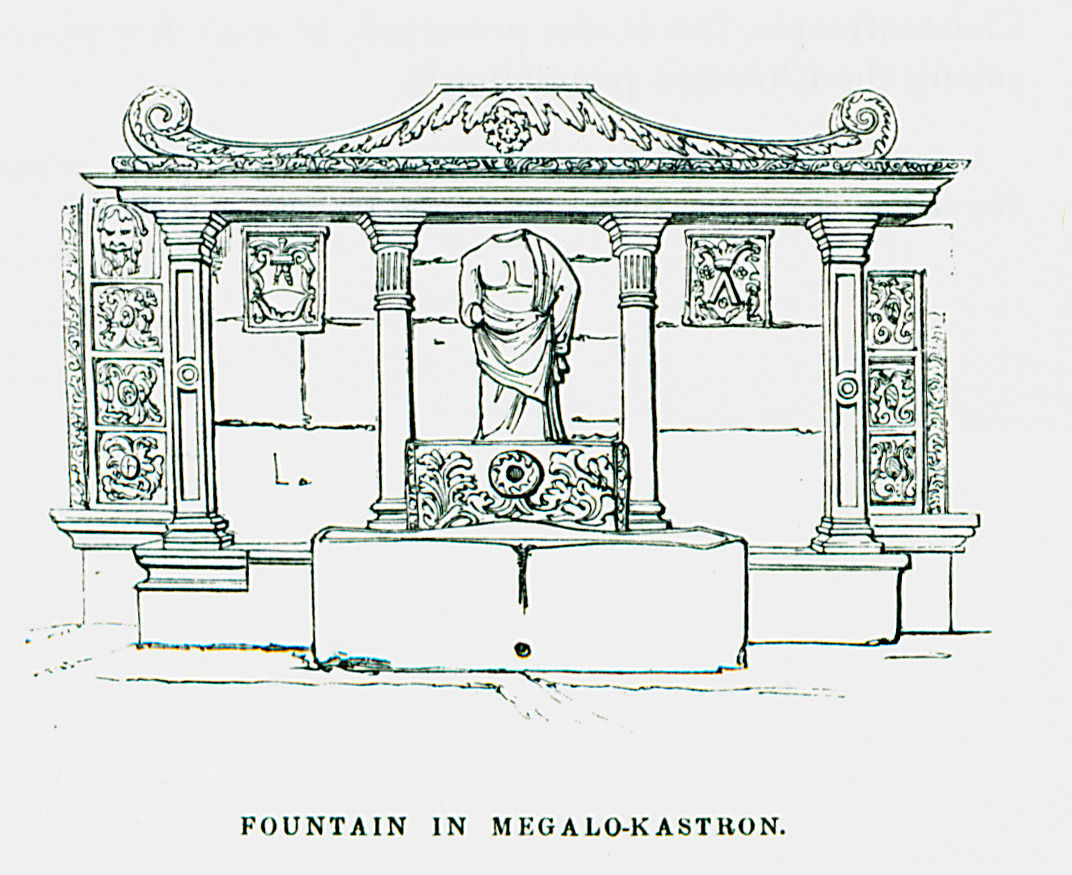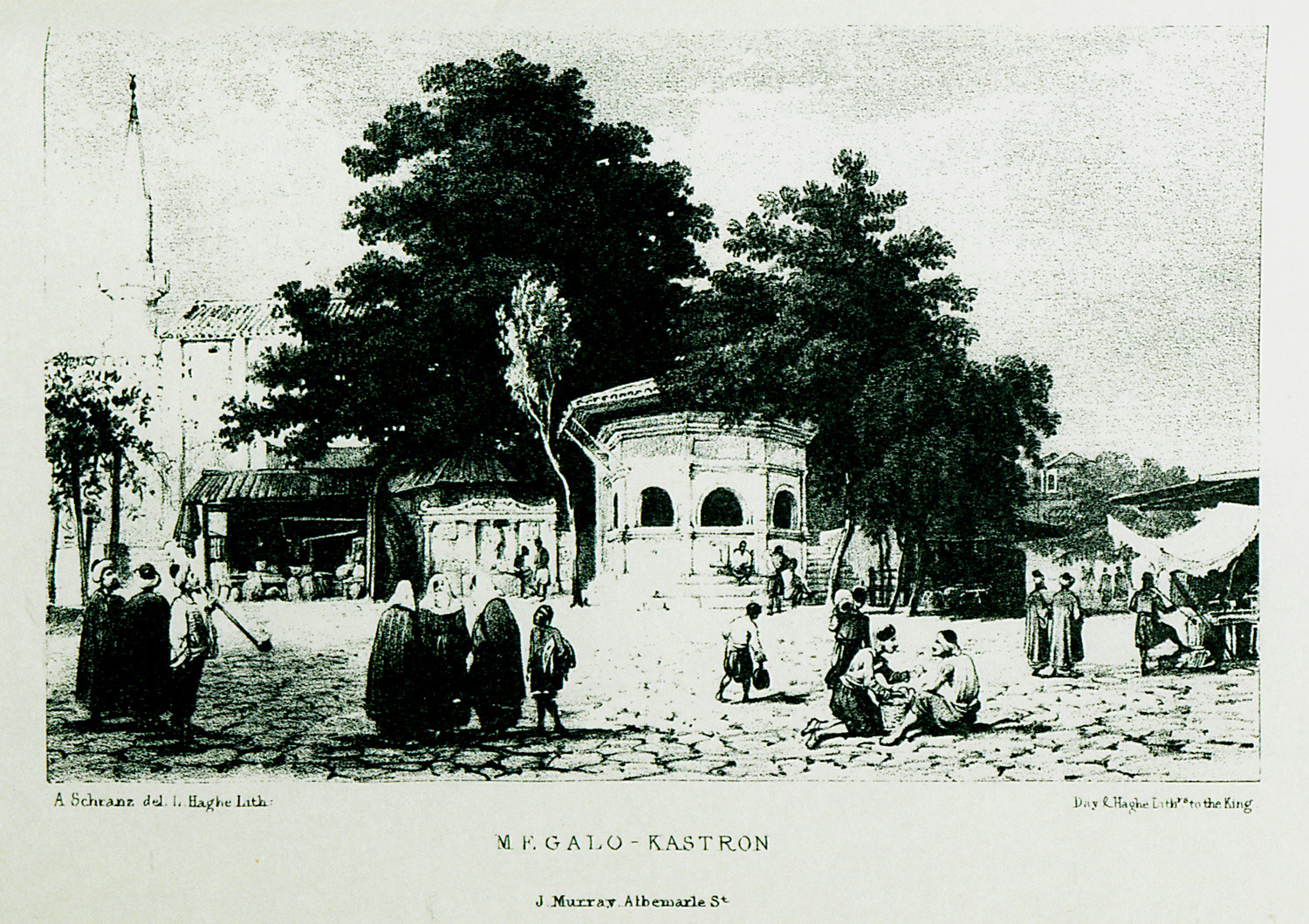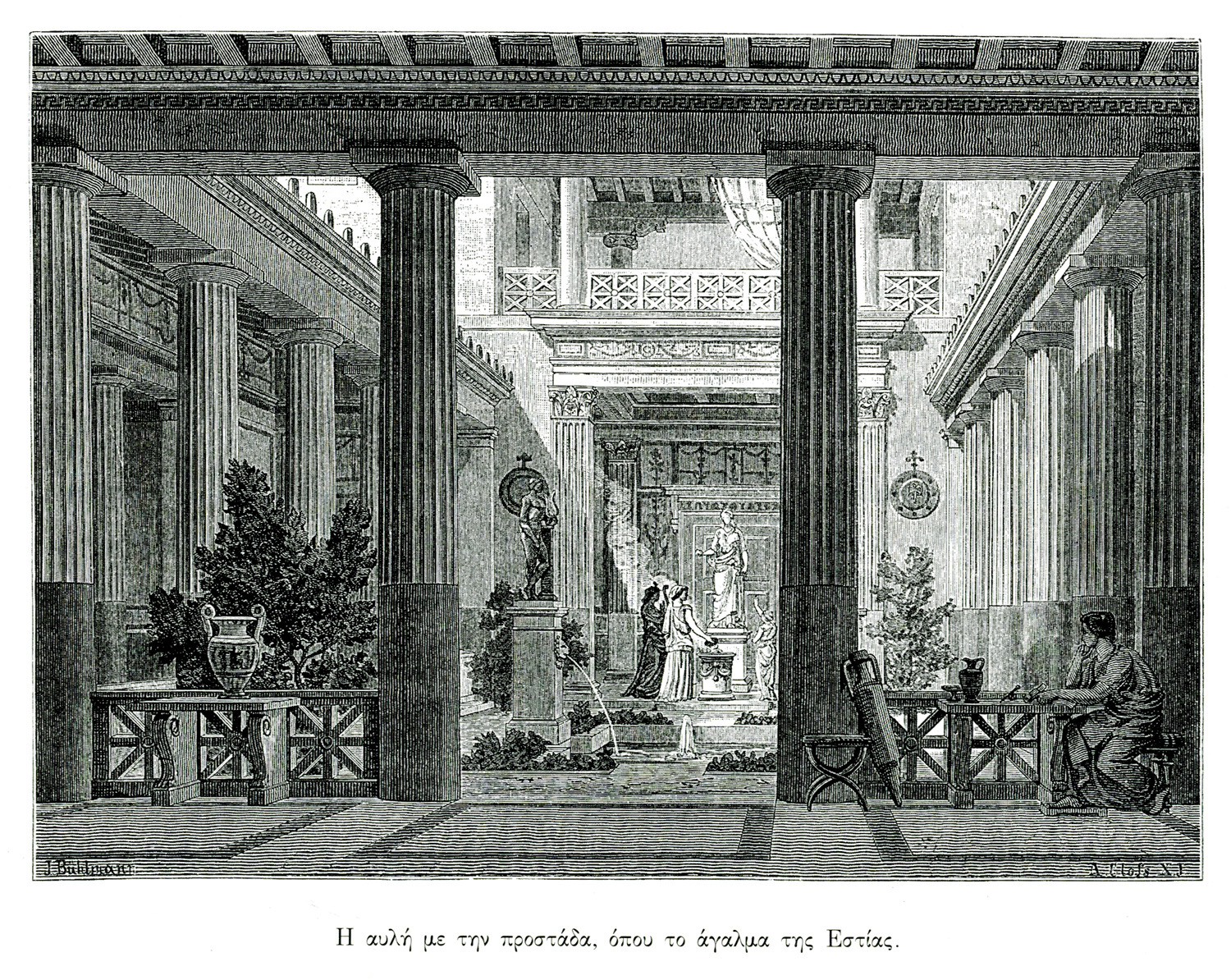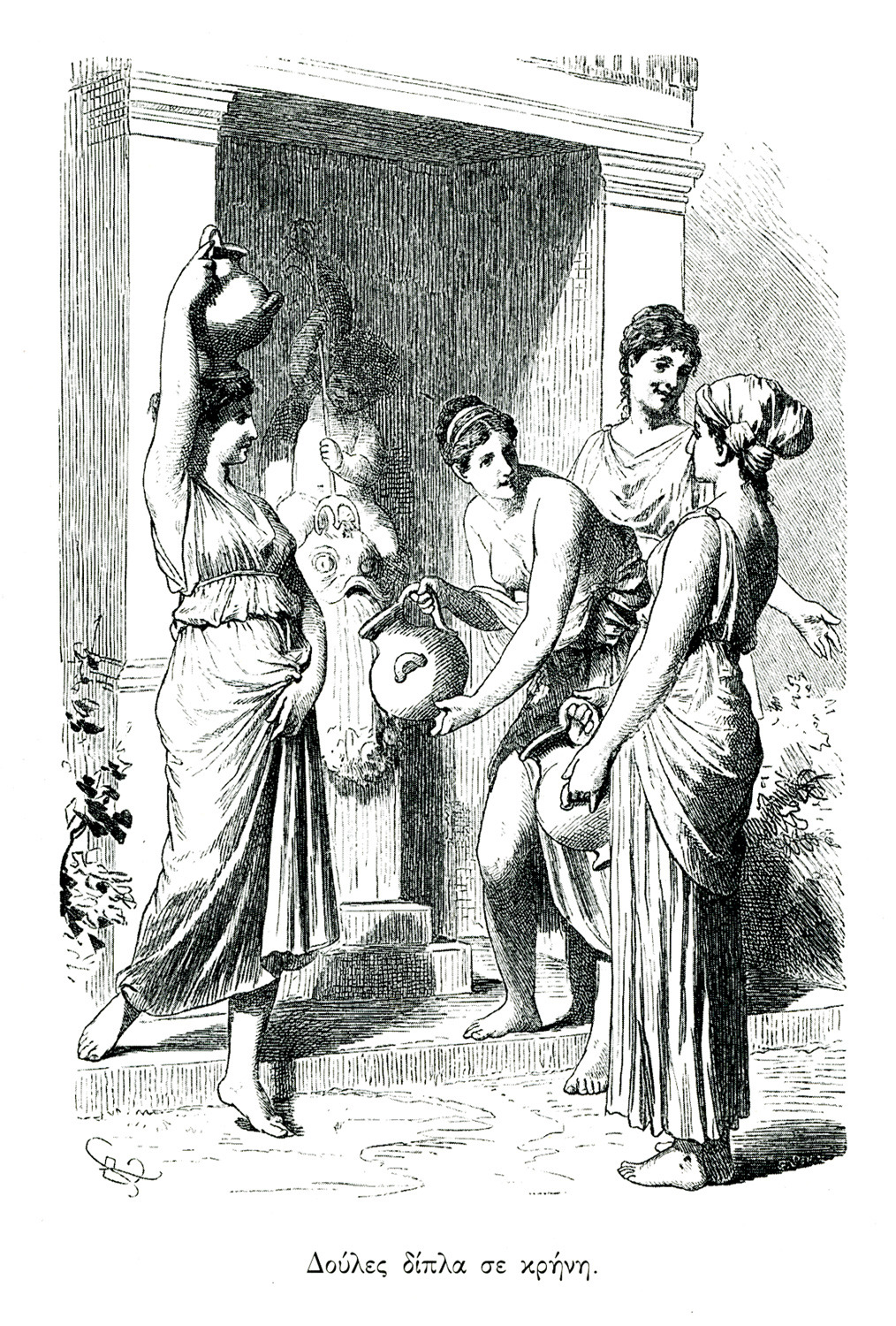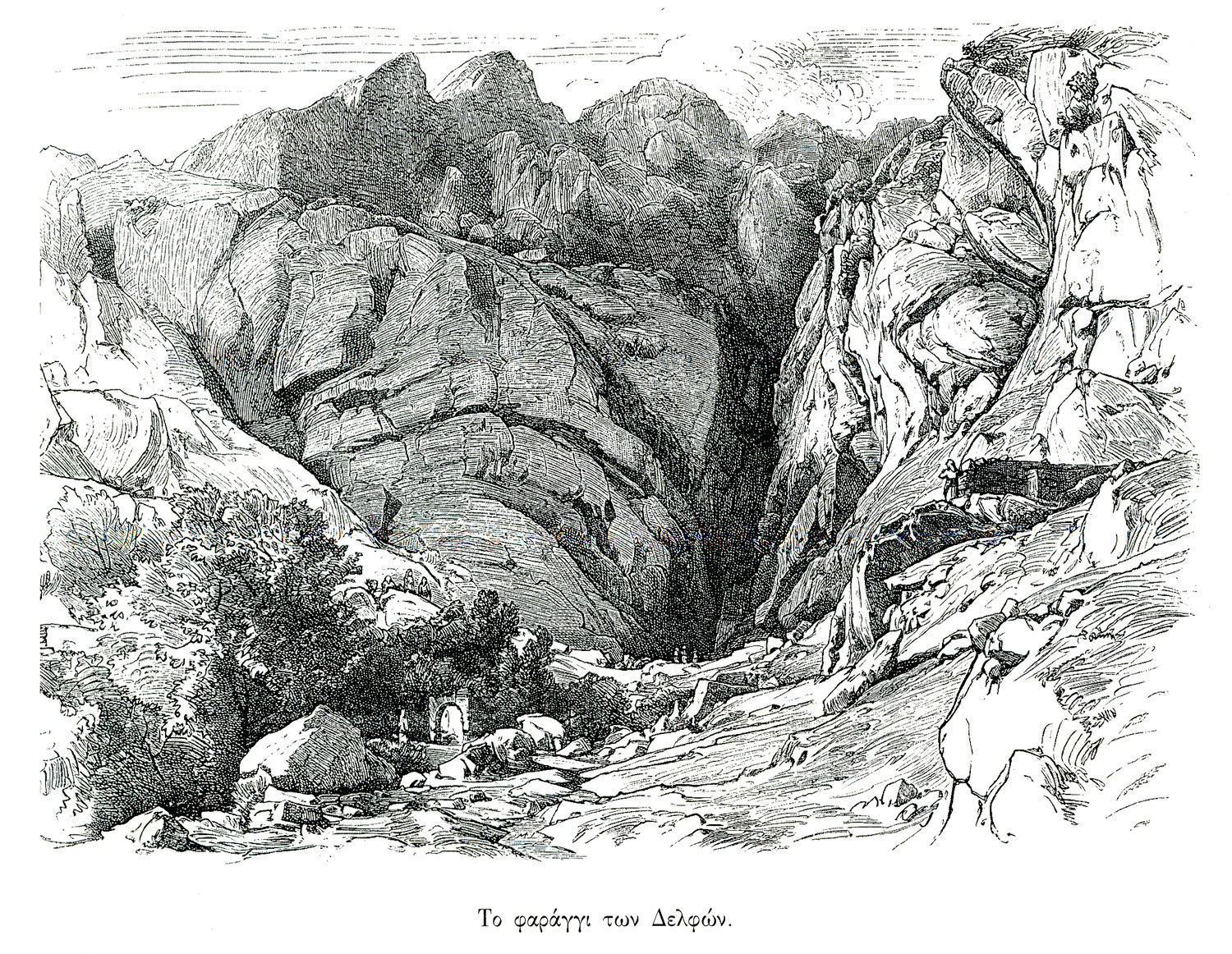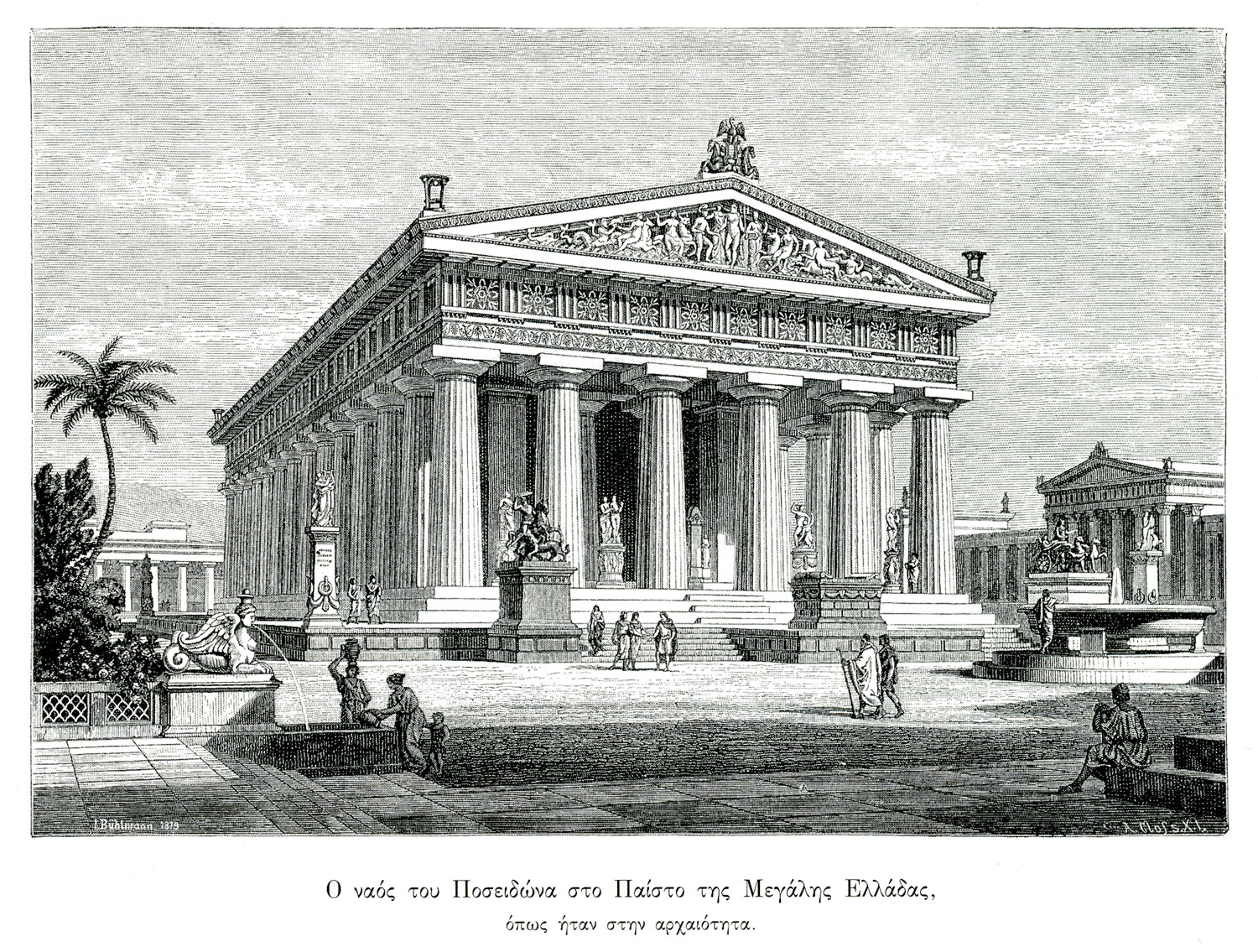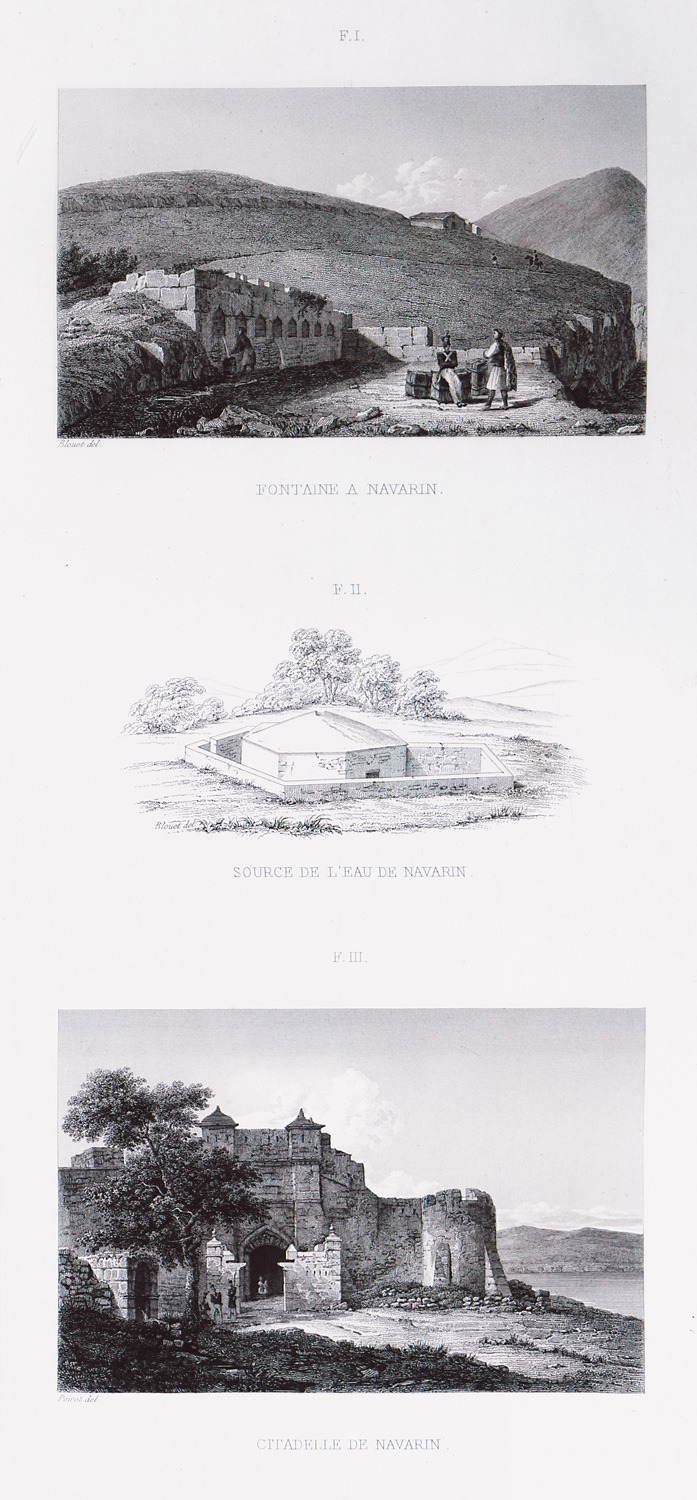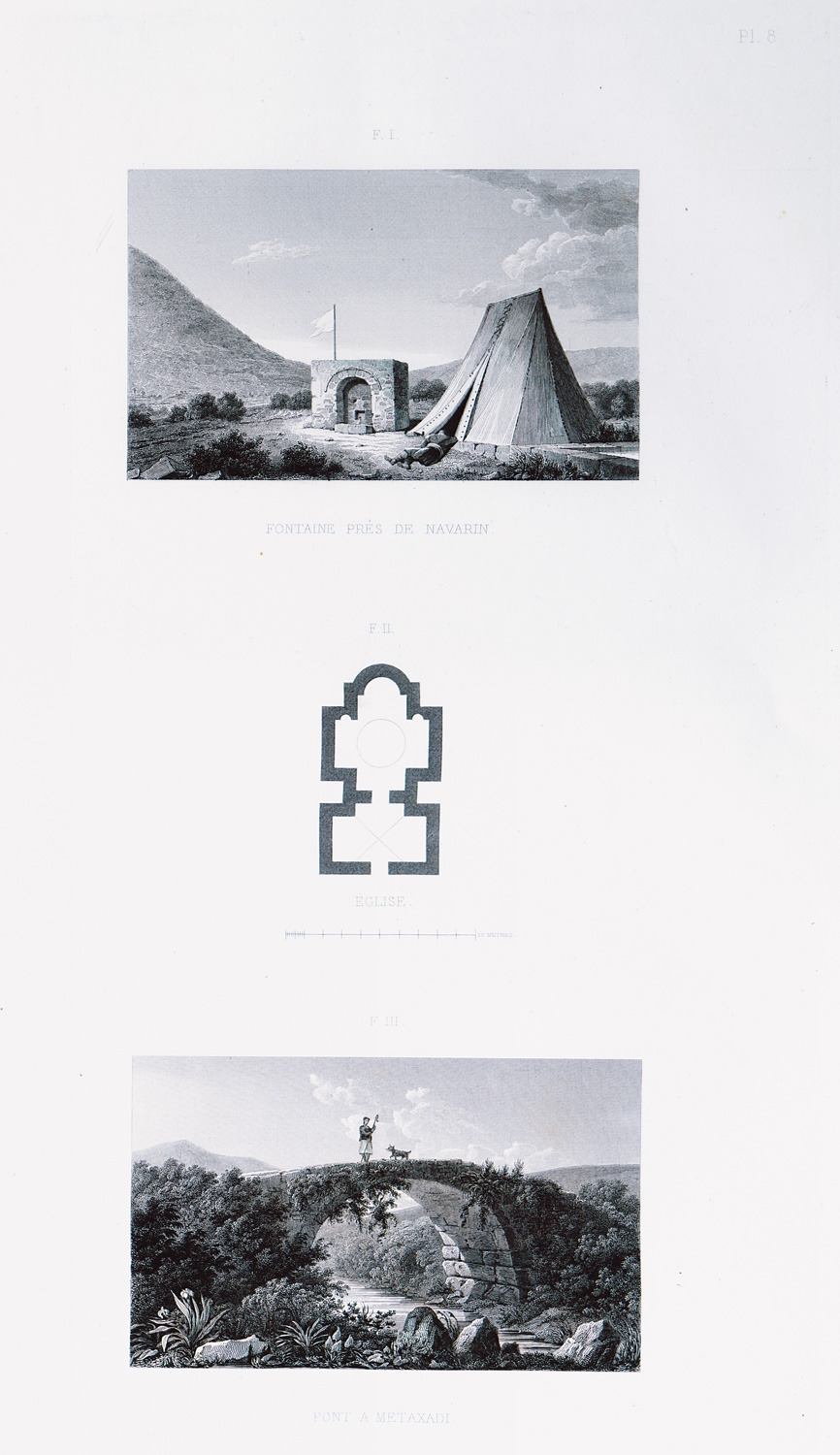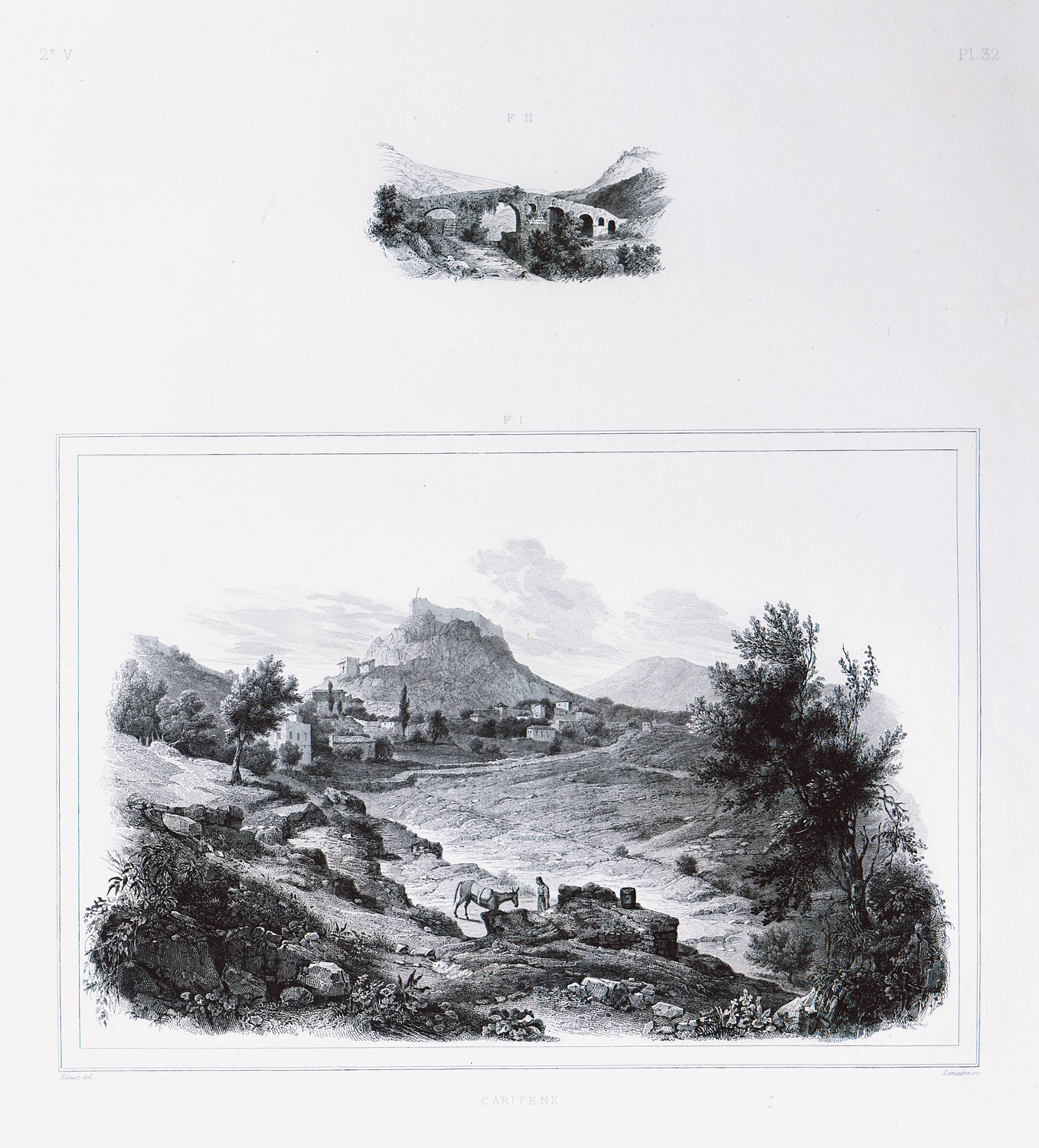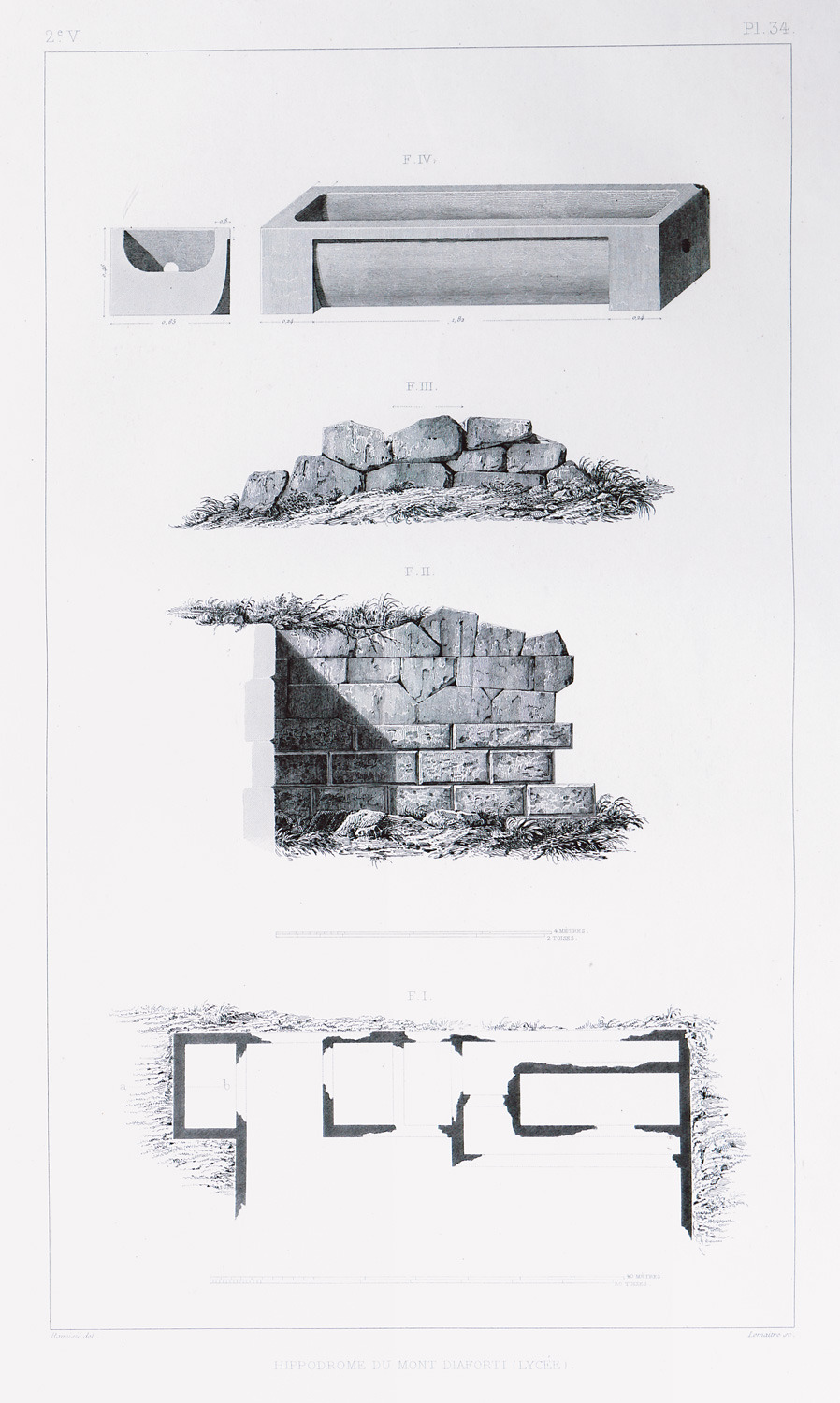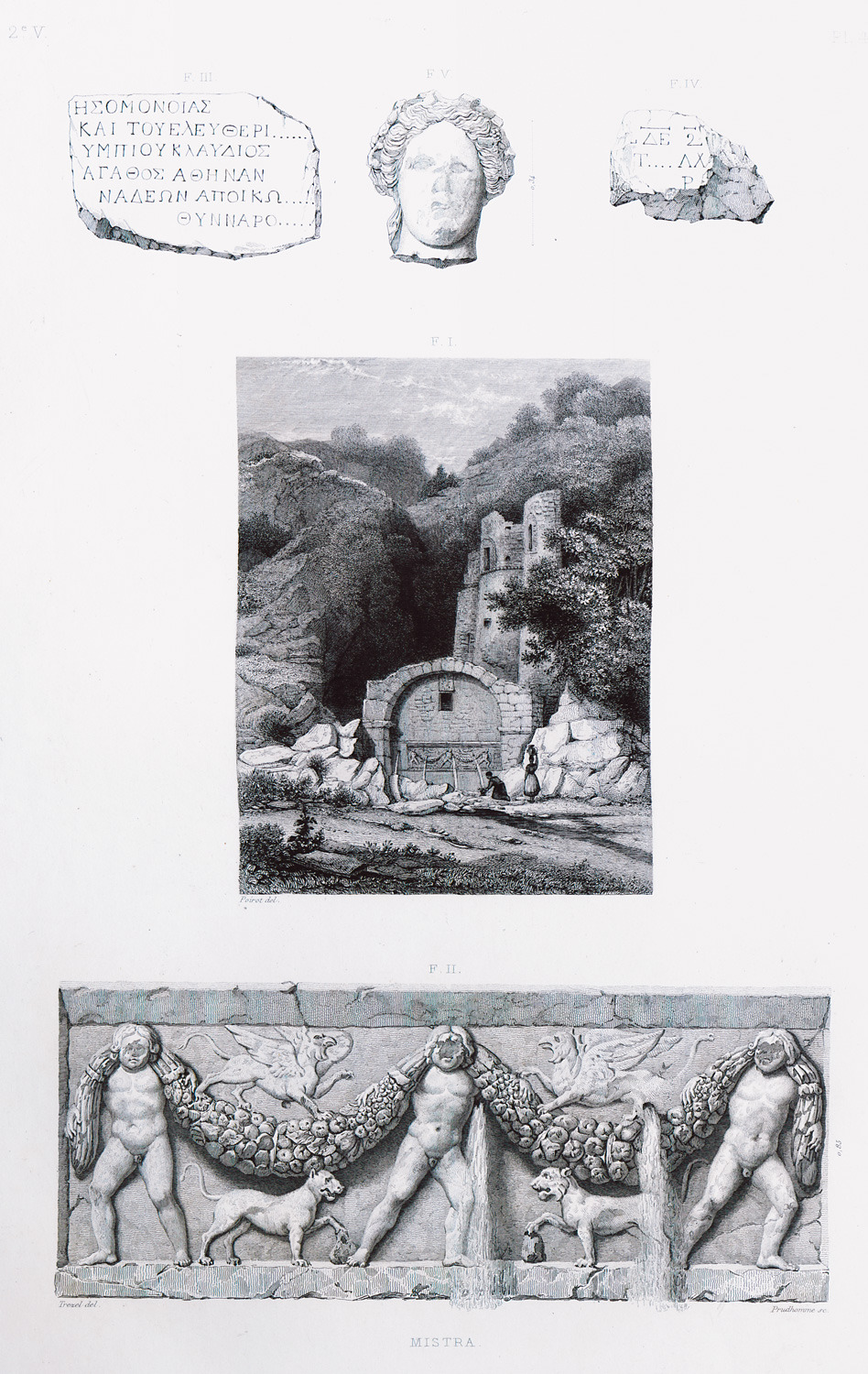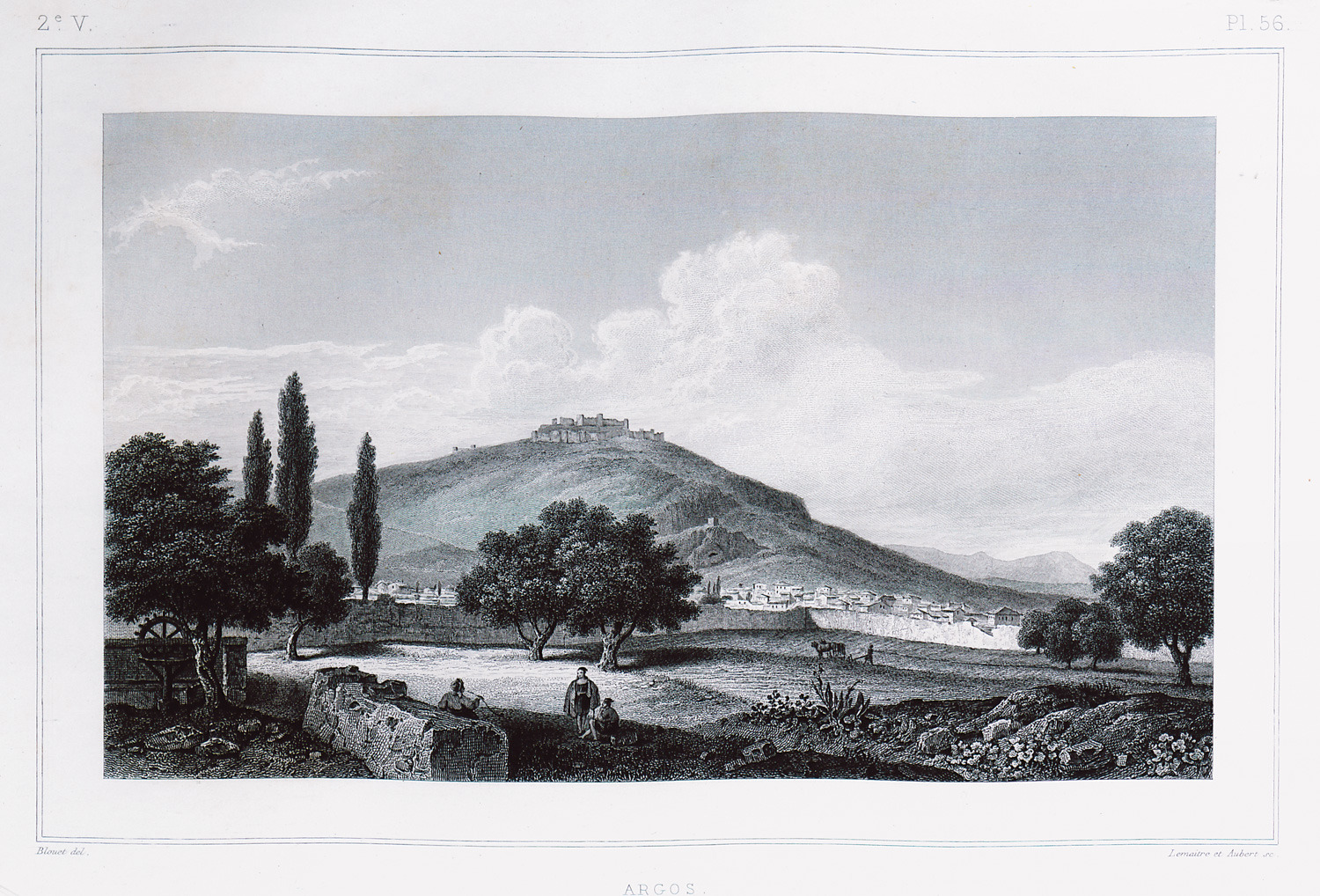Fountains / Springs (229 Subjects)
Scene from everyday life in the Ottoman Empire: Dinner, salutation, self-care, urination.
The Acropolis of Panopeus (Acropolis of Chaeronea) and the plain of Chaeronea.
View of Amfissa with the castle.
Houses in Constantinople.
View of Tophane square. In the background, the mosque of Ahmed I. On the right, the fountain of Mahmud I.
View of the miltary barracks and the park of Pera.
View of Tunis, Tunisia.
View of Antioch (Antakya), Asia Minor. Part of the walls of Saint Peter's church (B) as well as the castle of the Crusaders or Bagras castle.
Landscape at the Red Sea.
The vacation cottage of Johann Jacob Rieter, Swiss manufacturer of woolen textiles.
Sarcophagus from Asiatic Sarmatia (historical region west of the Caspian sea), used as a cistern, at the surroundings of Yeni Kale fortress in Crimea.
Fountain at the remains of church near the sea walls of Topkapi palace in Istanbul. According to the author, the Greek Orthodox people of Istanbul would come to the fountain on the feast of the Transfiguration. Several of them would bury themselves in the sand and then drink from the holy fountain, thus realizing a symbolic transfiguration.
The fountain at the courtyard of Sinan Pasha mosque in Damascus.
Streetlet at Messaria, Andros.
Offering to a goddess in the inner court of a house or temple (imaginary reconstruction).
Plan, ceiling plan and transverse section of the Castalian fountain, Delphi. 1. The courtyard before the fountain. 2. The bassin at which the fountain water ended up through a covered conduit. 3. Rock-cut niches for votive offerings. 4. Church of Saint John the Forerunner. This was hte biggest niche around the fountain, and was converted into a chapel under Ottoman rule.
Fountain at the southwestern slope of the acropolis of ancient Ithoria, on the hill of Profitis Ilias at Aitolikon.
1. View of the outer peristyle of the temple of Athena, today part of the cathedral church of Syracuse. 2. Fountain of Arethousa, Syracuse.
The fountain of Bebo at Kornaros square, Heraklion, Crete. The fountain was built between 1552 and 1554 by captain Gianmatteo Bebo. It bears a Venetian coat of arms. At the centre, statue of the Roman era.
Street market around Ottoman fountain at Kornaros square, Heraklion (today known as Philanthropiki fountain). On the left, the Venetian fountain of Bebo.
Atrium of an ancient Greek house, with the statue of Hestia.
Women slaves at a fountain (imaginary representation).
The gorge of the Phaedriades and the Castalian spring, Delphi.
Imaginary reconstruction of temple of Poseidon in Paestum.
1. Ottoman fountain at Pylos. 2. Water cistern at Pylos. 3. Entrance to Niocastro, Pylos.
1. Fountain close to Pylos. 2. Plan of church. 3. Stone bridge at Metaxada, close to Pylos.
1. View of Carytaina. 2. The bridge of Carytaina, Byzantine monument of the 15th century.
1. Plan of the stadium or hippodrome on Mount Lykaion, Arcadia. 2, 3. Remains of wall at the site. 4. One of the stone bassins of the cistern (rectangular room) at the northern end of the eastern side of the stadium.
1,2. Fountain with Roman relief from the church of Hagios Ioannis Theologos at Mystras. 3,4,5: Antiquities from Mystras.
View of Argos. In the background, the acropolis of Larissa.


